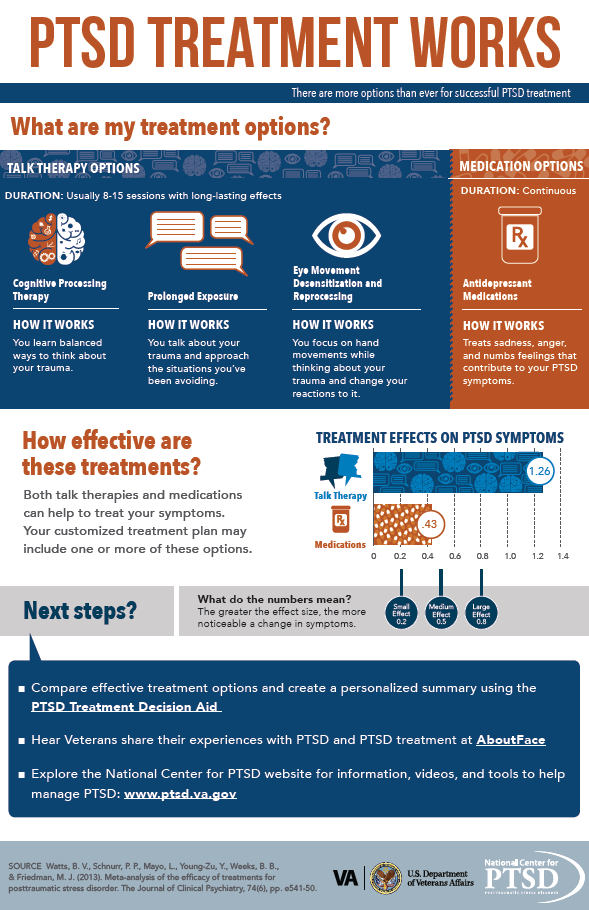

It’s more common among soldiers and refugees who have endured major traumas. PTSD can affect people of any age, gender or culture. Worse still, you can often lose hope or the belief that you can recover and lead a worthwhile life. You may feel that your world has fallen apart, that everything is black and that nothing makes sense. You may stop wanting to be around your friends, lose trust in people you previously trusted, and start labelling people either “good” or “bad” in your head. You may have trouble sleeping and experience bad dreams. If you are experiencing PTSD, you may feel intensely fearful, jumpy and on edge.

Living through PTSD can be an overwhelming, frightening, isolating and debilitating experience. Reactions to trauma deliberately caused by other people, such as physical assault or rape, seem to be more intense than those caused by accidents or natural disasters. Some events are more likely than others to cause PTSD. Sometimes what causes PTSD is not one single event but instead a series of ongoing traumatic experiences, such as childhood abuse or neglect by a parent or caregiver, bullying, or being in an abusive relationship. This includes situations of sexual violence, of seeing others killed, injured or sexually assaulted, or sometimes even hearing about such things. Post-traumatic stress disorder (PTSD) is a psychological reaction to experiencing or witnessing a significantly traumatic or shocking event or series of events.įor example, this might be a car crash, a sexual assault or other abuse, an earthquake or other natural disaster, or an attack.Īny situation where there was a risk of being killed or seriously injured can result in PTSD.


 0 kommentar(er)
0 kommentar(er)
